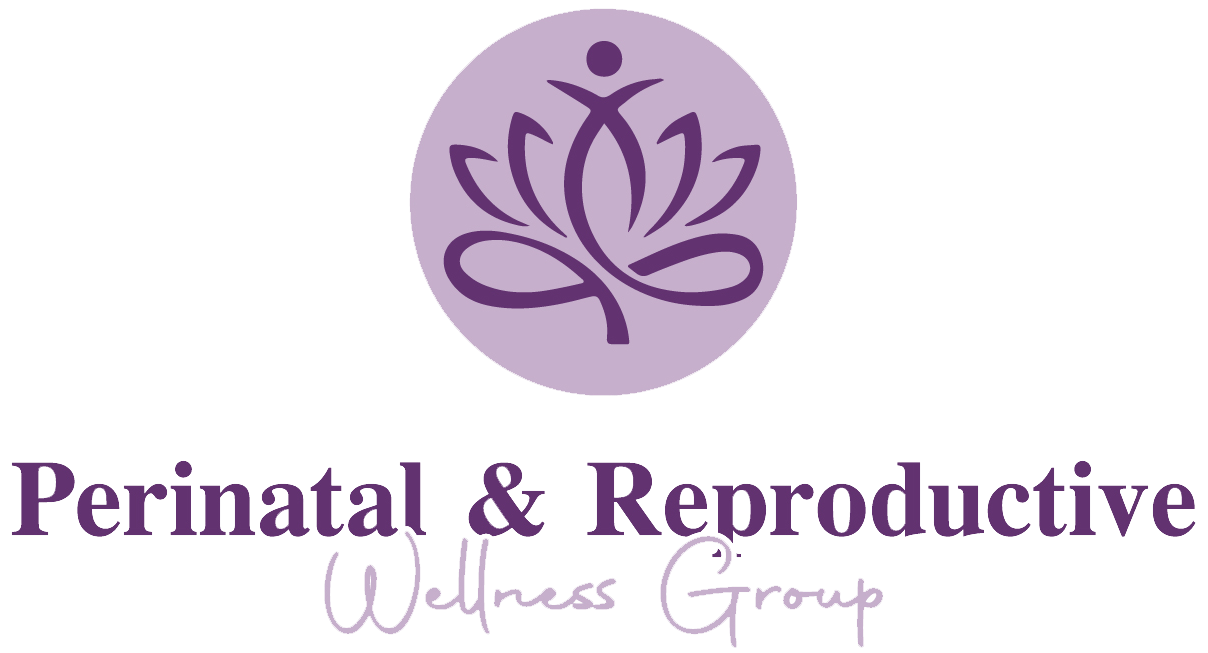Discernment counseling
February is the month when our inbox turns red and pink from all the promotional Valentine’s Day emails.
So today I want to offer words to those of you who are having doubts about your romantic relationship and how to handle that uncertainty – whether you’re having these thoughts privately or you’ve already started to discuss them with your partner.
Discernment counseling is a broad umbrella that runs the gamut of questions from: “Do I truly understand (some aspect of) my partner?” all the way to, “Do I want to stay in this relationship?”
Some couples will enter discernment counseling because of trouble navigating big-picture issues, while others will seek it because of a specific event that introduced doubt into the dynamic. This could include:
-betrayal (romantic or otherwise – hiding debt, gambling, substance use)
-a traumatic event like an accident, illness or death
-diverging life goals
There’s no prescriptive guideline as to what defines staying in a relationship. I don’t have a handbook, but here are some things to think about when considering discernment counseling.
Individuals
Couples counseling is a significant investment of time, energy and finances: usually once or twice a week, for ninety minutes at a time. To agree to that level of commitment, it often takes a significant level of distress for one (or both) people.
If you’re in this place, ask yourself, “Is this level of distress sustainable? What is the benefit of keeping the status quo?”
Often there’s a straw that breaks the camel’s back, before both members of a couple will agree to counseling. It takes a highly motivating level of distress to do all the work to find the time for regular therapy – particularly if both partners have full-time jobs.
However, preventative work can be highly effective: A reasonable metric for a healthy relationship is to have a ratio of five positive to one negative interaction. Of course, there’s wiggle room there, but if the ratio is inverse negative-to-positive, that’s definitely an early warning sign.
Other warning signs include: an ongoing, non-disclosed affair (in that case, counseling is contra-indicated until the affair is ended and disclosed), abuse, and emotional distancing (which puts the relationship at a high risk of infidelity).
If you’re in a partnership where the other member has refused counseling – outright or is dragging their feet – individual therapy is always an option, during which time you can work through the kinds of issues that make discernment possible.
Couples
When couples decide to embark on discernment counseling, it’s often not a fifty-fifty decision. One member may enter into counseling claiming that everything is fine – but often, that’s the person who benefits from it most, as there’s some form of avoidance that’s underlying the behavior.
Part of the couples work I do follows the science-backed Gottman protocol: before moving onto discernment counseling, we do intensive assessments that include joint and individual sessions, an observation of conflict, oral histories and a feedback session.
This assessment – which helps rule out any deal-breakers such as abuse – is the precursor to discernment counseling, during which time we follow a qualitative, treatment plan that includes communications exercises and how to navigate dreams within conflict.
I’ve already emphasized how much work discernment counseling is, and it often requires a precipitating event to get both members in the room. But the good news is, when you invest this kind of energy into a relationship, and follow an evidence-based approach, the level of interconnectedness increases in the couple. In my own practice, I see a significant majority decide to pursue their relationship as a result of discernment counseling; those few who decide to decouple, do so in a healthy, respectful, loving way.
So while I’m not sending a red and pink email this February, I want to share this message of hope for all you who are approaching this heart-filled season with a less-than-full heart.
(As part of my commitment to continued professional development in the area of couples counseling, I’m happy to announce that I’ll be completing the Level 3 Gottman training this April in Tampa.)
